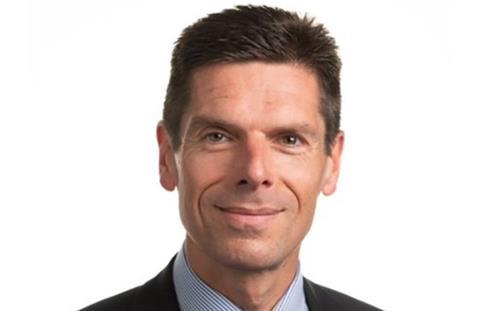
The nascent financial wellness industry is set to evolve into a fragmented market offering specialised solutions to meet different financial challenges.
The current approach is to offer a one-size-fits-all package. Yet the financial challenges people face are not homogenous. At the start of their working life, young people may be saddled with debt from university. As their career progresses, they may set their sights on buying a property And so it goes on. Raising a family, ill health, redundancy and divorce all create different financial pressures.
The financial difficulties caused by these lifestyle events are similar and can be managed within a general financial wellness programme. But there is another lifestage that presents different financial challenges. As people age, making ends meet day-to-day takes a back seat as finances become more stable. There are a number of reasons for this: their salary is often higher than earlier in their career, mortgage payments are probably less onerous and children may be grown up and no longer financially dependent.
A different source of financial stress affects older employees: preparing for their life after work. They worry that they haven’t saved enough. They want to know how much they need to live comfortably, when they might reach that target and what action they can take if there’s a shortfall? Then, when they’re ready, they want to understand how to turn their pension savings into an income for life.
What’s more, our understanding of retirement is becoming more nuanced. We view it less in terms of ‘work or retirement’, but rather a combination of work and retirement. A gradual transition from full time employment to something that may eventually lead to outright retirement.
Companies might feel that providing a generous pension scheme is the most effective way to discharge their obligation to look after employees in later life. In one sense, they’re right. A good pension scheme is a tangible measure of a company’s commitment to their workforce, but employees may still feel ill-prepared for retirement. Perhaps they’ve taken a career break to raise a family or freelanced without a pension in place. Whatever the reasons, people may still worry about their preparedness for retirement.
Many employers realise how important it is to prepare employees for life after work. The Employee Benefits Pensions research 2020 report revealed that ‘uncertainty around how to make the best decisions when accessing pension benefits’ is the primary concern among employees leading up to or during retirement, and that four out of five employers want to help employees make informed decisions at retirement.
A good company pension scheme will communicate regularly with its members, keeping them up to date with the value of their fund and the income it could provide but, unless the employee has spent their whole career with one employer, this will only cover part of their retirement savings.
A financial wellness programme, solely focused on retirement, would provide the information and tools people need to allay their fears. It would help them aggregate their savings and investments and provide a holistic view of how well set they are to retire. It would catalogue the options for people playing ‘catch up’. And when they come to retire, it would help them understand the options they have to convert their pension and other savings into income.
Financial wellness programmes often focus primarily on managing money day-to-day. Dealing with debt, managing money better and effective budgeting. Preparing for retirement is such an important and wide ranging subject, it’s likely that specialist wellness programmes will emerge to help people prepare for their life after work.
Adrian Cooper is director, HUB Financial Solutions (part of Just Group plc)




































